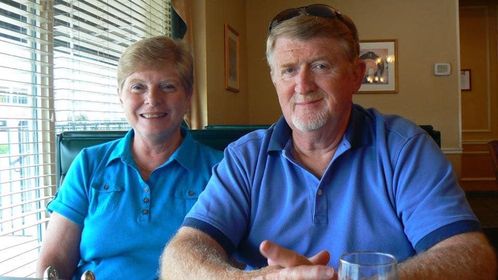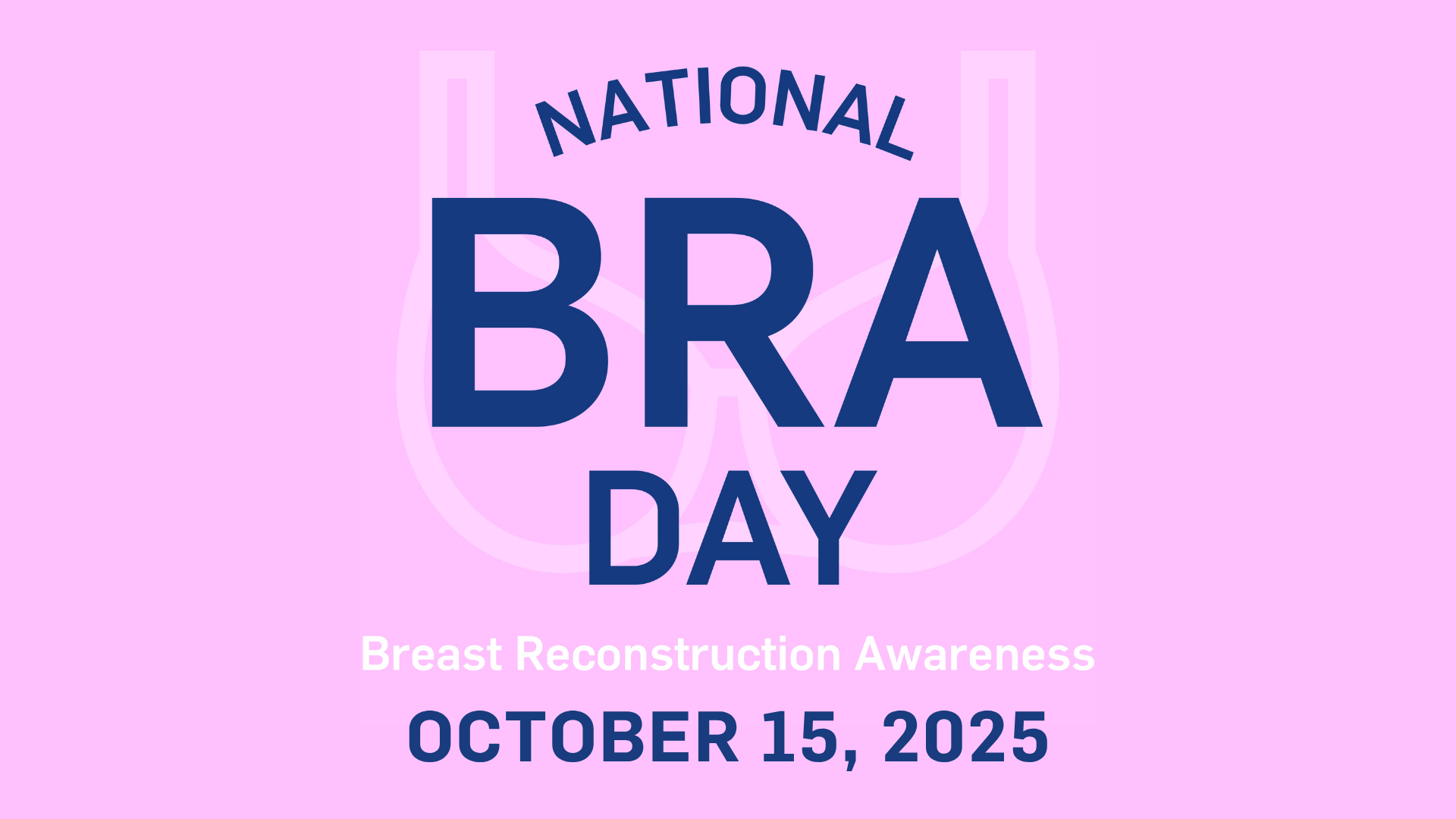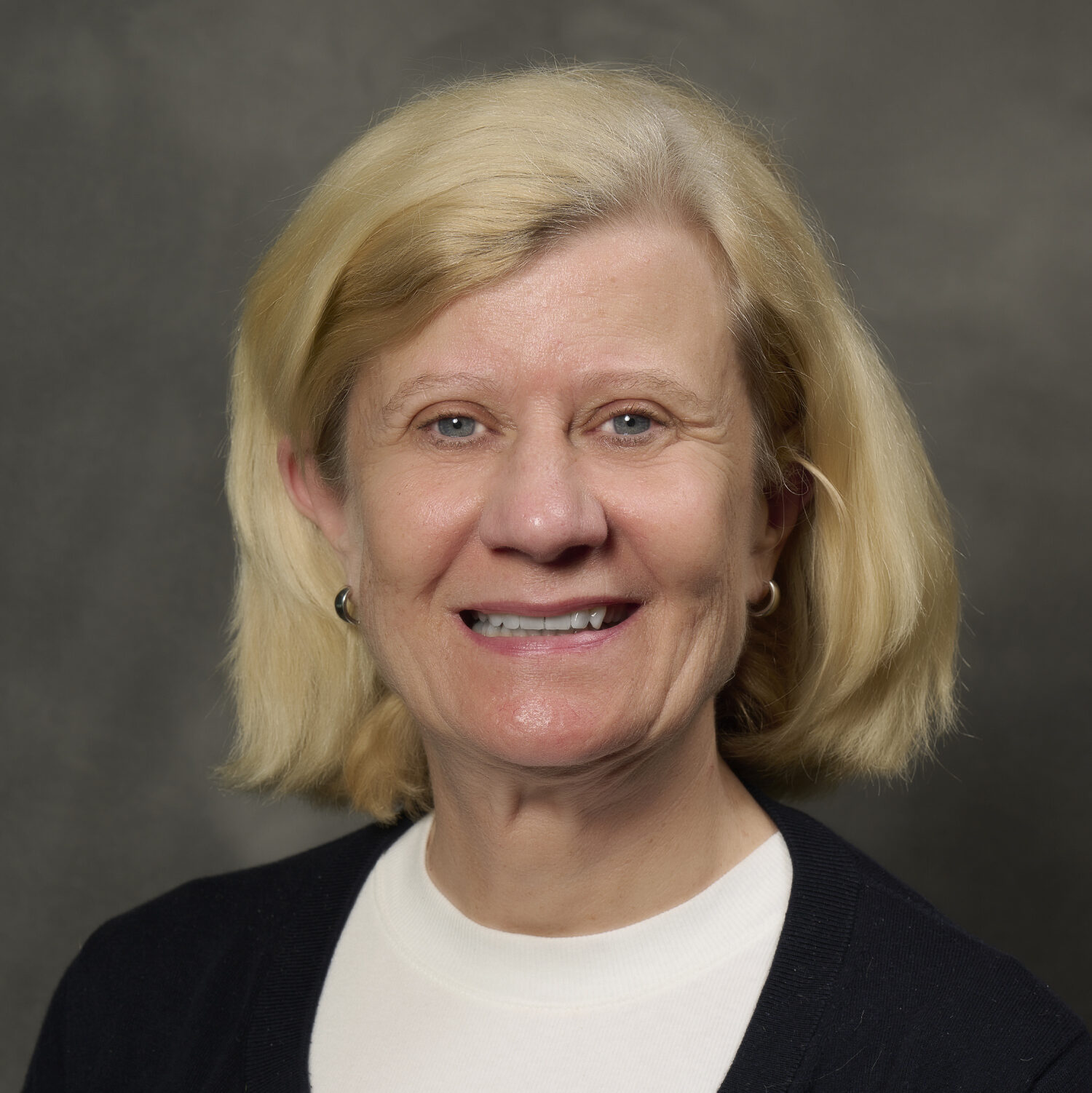While first responders provide crucial care for people who are suffering from an injury or sudden illness, a lesser-known, but equally important role is that of “last responder.” Last responders provide support for families and friends after a loved one has passed. March 11th is National Funeral Director and Mortician Recognition Day, a time to honor the work of this important group of last responders.
In addition to supporting families during one of the hardest times of their lives, funeral directors play a key role in organ, eye, and tissue donation in the following ways:
1. Honoring the donor’s decision and supporting families in their grief journey
Funeral home partners help organ procurement organizations (OPOs) like Mid-America Transplant serve donor families and their loved one’s decisions. Funeral home professionals honor that decision and help with the continuation of care so that families are forever comforted by the heroic choice to pass on the gift of life.
Mid-America Transplant works with funeral homes throughout the year to ensure directors and staff have all the educational resources they need to be prepared for these conversations. These relationships are important as funeral directors help make the donation happen and guide families in the planning of their service.
2. Collaborating with OPOs during the recovery process
After a donor has passed away, organ and/or tissue and eye recovery is carried out promptly to preserve the viability of the organs and tissues. Donated tissue must be recovered within 24 hours, which is why it is so important to ensure the process and communication with funeral professionals is continuously improving.
Funeral directors assist in coordinating logistics, ensuring that necessary arrangements are made for organ, eye, and tissue recovery while also respecting the wishes of the donor and their family. Close collaboration between the OPO and funeral directors ensures the recovery process doesn’t impact funeral services or the donor family. An efficient process is essential, especially when it comes to preserving life-enhancing tissue donations.
3. Helping to recognize organ donors on the day of services
Every time someone passes away and becomes a donor, a funeral director works closely with Mid-America Transplant. Organ donation doesn’t cost the donor family anything nor does it affect the ability to have an open casket viewing. Funeral directors work with families to honor each donor’s wishes and provide comfort to the family in the worst moments of their lives.
Funeral directors honor organ and tissue donor heroes on the day of services in various ways, based on family preference. These might include flying Donate Life flags, incorporating donation-specific wording into readings, or providing green Donate Life bracelets at the service.
Funeral directors also work closely with donor families to create long-term memorials that honor the donor’s life and generosity. These tributes may include commemorative plaques, benches, or personalized keepsakes that serve as lasting reminders of the donor’s selfless act.
4. Supporting family members with writing obituaries
Writing an obituary is considered by many to be an overwhelming task. Funeral directors step in to support family members who have lost loved ones by providing suggested language for the obituary. In the case of organ, eye, and tissue donation, the funeral director may suggest the incorporation of language such as this:
“In keeping with [name]’s loving and generous spirit, it was [his/her/their] decision to donate life so that others may live.”
Some families also opt to request monetary donations to an OPO, which are non-profit, in lieu of flowers as a way to highlight their loved one’s selfless gift.
5. Raising awareness around organ donation
Many funeral directors actively raise awareness about organ, eye, and tissue donation within their communities. They may participate in outreach programs, host educational events, or provide resources to help dispel myths and misconceptions surrounding organ donation. By promoting awareness and encouraging conversations about donation, funeral directors help advance the lifesaving mission of organ and tissue donation.
In recognition of funeral directors and their extraordinary service, we say thank you. We’re proud to work with you every day.
If you would like to leave a lasting legacy of generosity, register as an organ, eye, and tissue donor and bring hope to patients and families who are holding out for a miracle. Sign up for the donor registry and increase the chance that patients waiting will get the transplants they need to survive.



